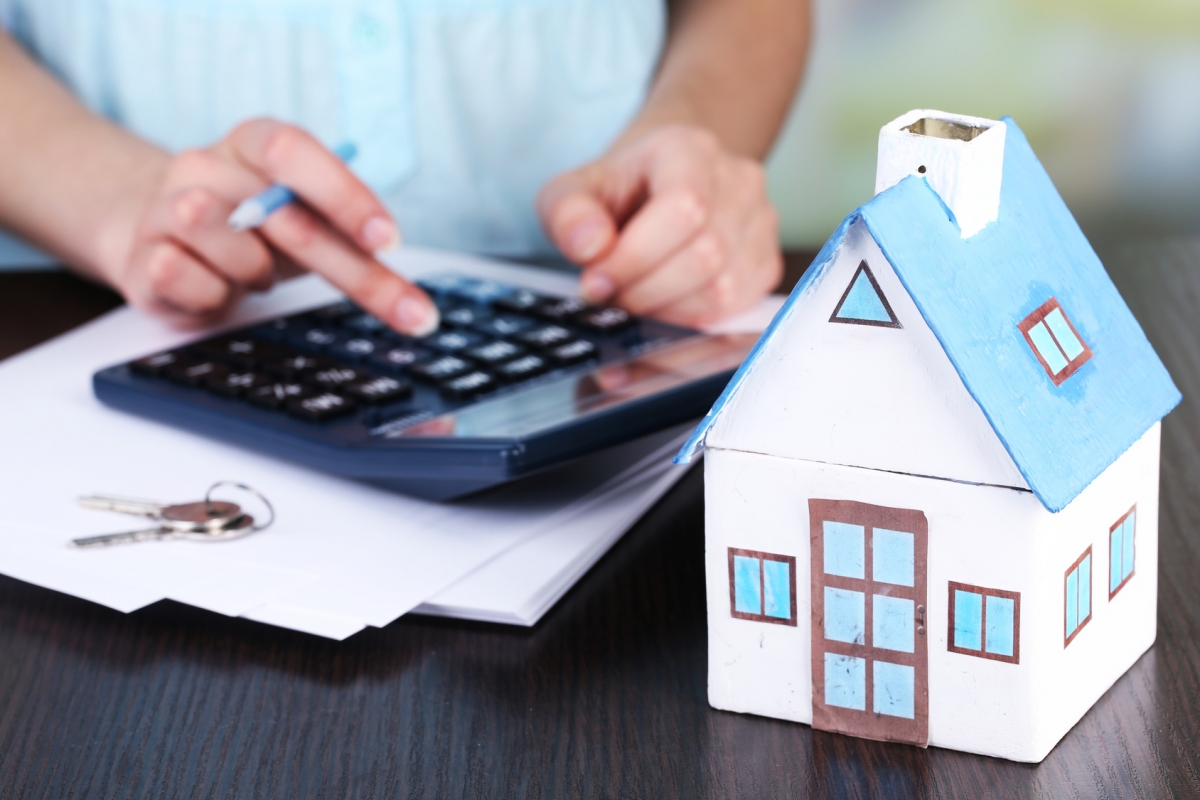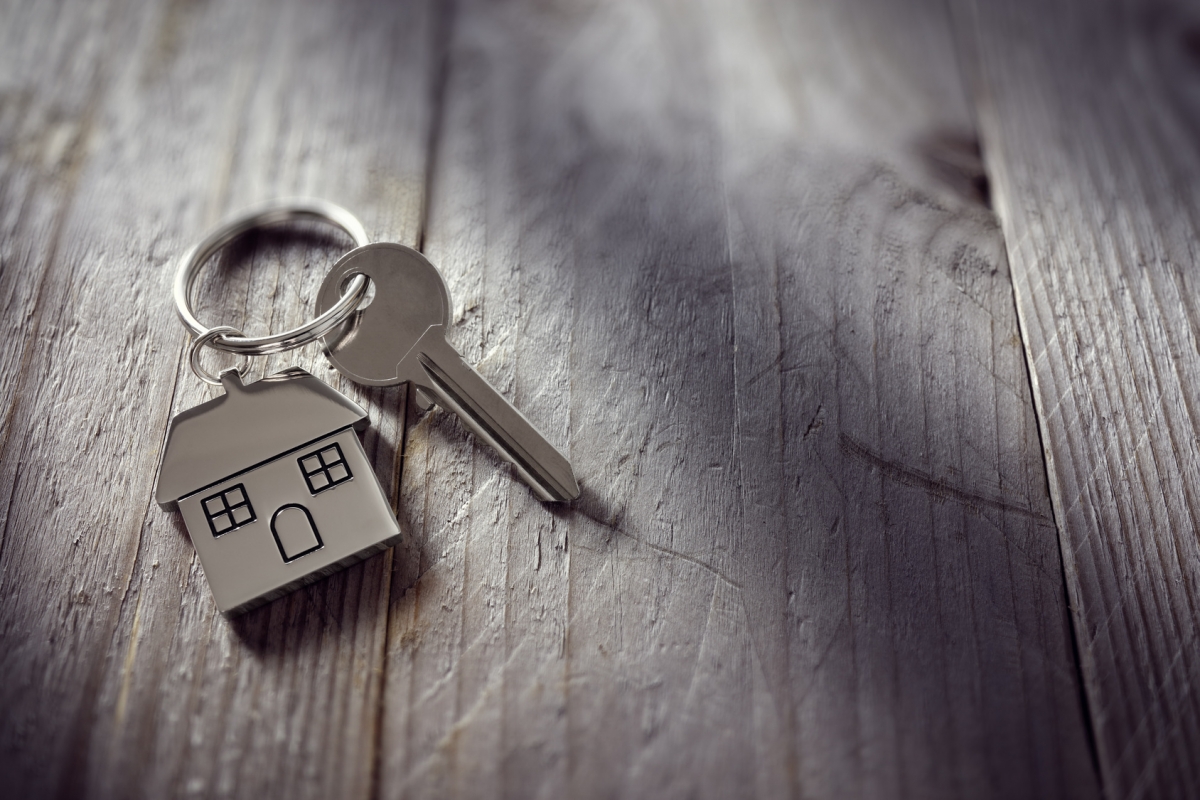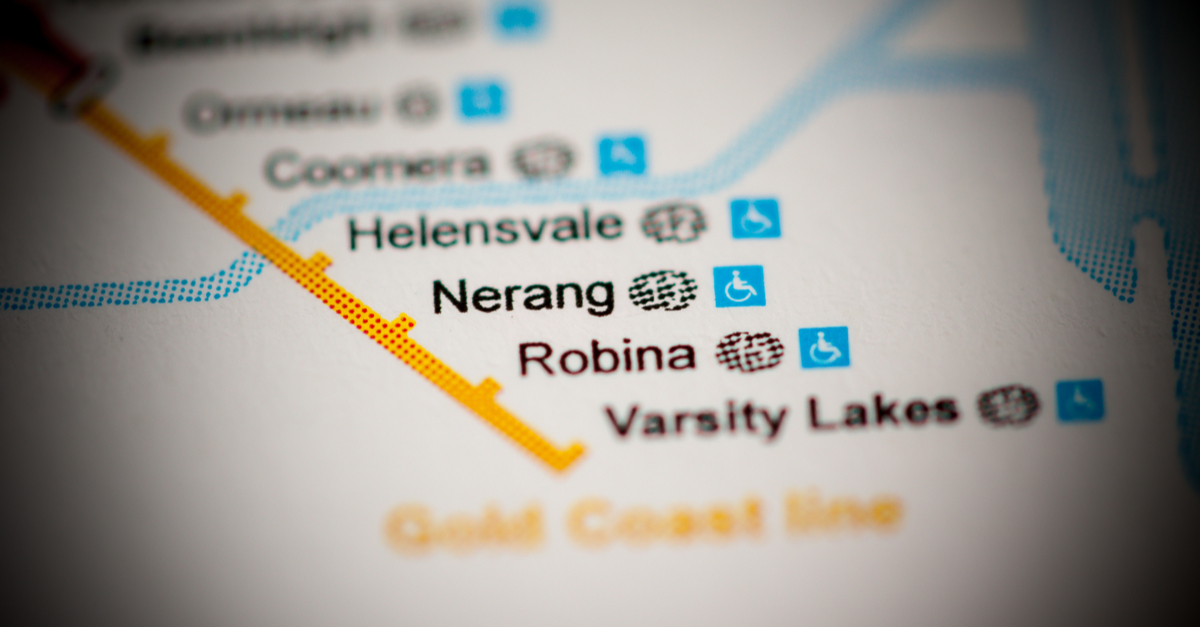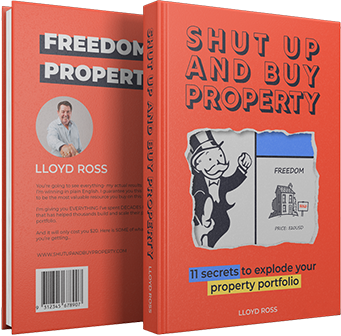Are you considering turning your home into an investment property?
This can be a great option for homeowners looking to increase their income. However, there are also some important things to consider before you make your final decision.
Read on for some great property investment solutions.
Are you on the fence about turning your home into an investment? We provide investment solutions on whether or not to turn your home into an investment.
Benefits of Turning Homes Into Property Investment Solutions
There are a number of reasons to consider turning your home into a property investment.
You might be downsizing and want to make some extra income by renting out your current home.
Maybe you have to relocate for work or family reasons but don’t want to part with the property because you eventually want to return to it.
If any of the situations discussed above apply to you, you might be in a good position to rent out your current home as an investment property.
There are plenty of financial benefits that come with this decision, including the following:
1. Tax Deductions
The potential tax deductions are often attractive to people wanting to turn their homes into investment properties. You can claim deductions on a number of things, including agent fees, interest expenses, travel, repairs, and maintenance.
2. Depreciation
When you become an investor, you can also save money by claiming on depreciation on both your home and a number of fixture and fittings inside of it, such as the dishwasher and heating and cooling systems.
3. Increased Income
This might be the biggest benefit to many people looking for property investment solutions. In addition to additional monthly income, some people who rent out their homes even end up making more money than what they were paying for their mortgage.
Things to Keep in Mind Before Making Your Decision
There are lots of benefits that come with turning your home into a rental property. However, this is not the best decision for every home owner.
Some things to consider before pulling the trigger include:
1. The Six-Year Rule
Basically, you have six years to leave your home, rent it out, and make claims for expenses. After those six years are up, you will have to pay capital gains tax if you ultimately sell your home.
You will attract capital gains tax at the current discounted rate and on a pro rata basis for the the amount of time that the property was rented out.
A new six-year period will begin if you move back into your home during the original six-year period and then move out again. This rule is helpful for those rent their house out but plan to return to it in the future.
2. Positive Vs. Negative Gearing
One of the most important property investment solutions to understand is whether your investment property will be positively or negatively geared.
This is especially important to learn if you own the property with a partner or spouse.
Your property will be positively geared if you are making more money from the annual rental income than you are spending on loan repayments and other expenses.
It will be negatively geared if you end up spending more on the property than you are making.
The property being negatively geared is not necessarily a bad thing, however.
You can claim losses from the property on your tax return, which will lower your income and put you in a lower tax bracket.
If your property is negatively geared, it will likely be more beneficial for only the person with the higher income to have their name on title. This way, they will get more tax back when they make claims on the property.
3. Emotions
Emotion can play a big part in a person’s decision to hold onto a home and turn it into an investment property.
Perhaps this is their first home, or a place where significant memories were made, and they just can’t bear to fully part with it.
Before you decide to rent out your home instead of selling it outright, make sure that it is a financial decision, rather than an emotional one.
If you’re not in a position to financially benefit from the investment property, then renting your home out is probably not the best investment solution for you.
4. Understand the Process
Turning your home into an investment property can be a great investment solution, but it isn’t exactly an easy process.
While it can definitely be worth it in the end, it’s important to know a little more about what to expect:
You’ll Need to Switch Your Insurance
If you want to turn your home into a rental property, you will need to switch from homeowners insurance to rental property insurance.
This can actually lower your rates in some cases, since rental property insurance only covers the building itself and not the renters’ belongings.
Along with rental property insurance, you’ll also need personal liability insurance so that you are protected if you are sued by your tenant.
You Will Need a Permit
For safety reasons, a permit is required for a residential property to serve as a rental property.
To obtain this permit, you will need to get the house inspected by a local government inspector. He or she will check for safety hazards, including electrical and heating issues, adequate exits, and health and safety concerns.
Prepare for Inspection
It will be easier for you and the inspector if you take the time to make any improvements needed to the home prior to inviting them out to inspect.
In addition to repairs to increase safety, you’ll also want to consider upgrading your home to make it more appealing to renters.
Upgrades can be a simple as a new paint job, or you can take things a step further by upgrading appliances or replacing the carpets.
Keep your budget in mind when making these changes, though, and make sure they will benefit you financially in the long run.
Thinking about all the steps you will need to take to turn your home into an investment property can be overwhelming. Fortunately, you don’t have to do it all on your own; we have all the investment solutions you need.
To learn more about turning your home into an investment property, check out our Frequently Asked Questions page. You can also download our free eBook, “11 Facts You Need To Know About Property Investing.”










